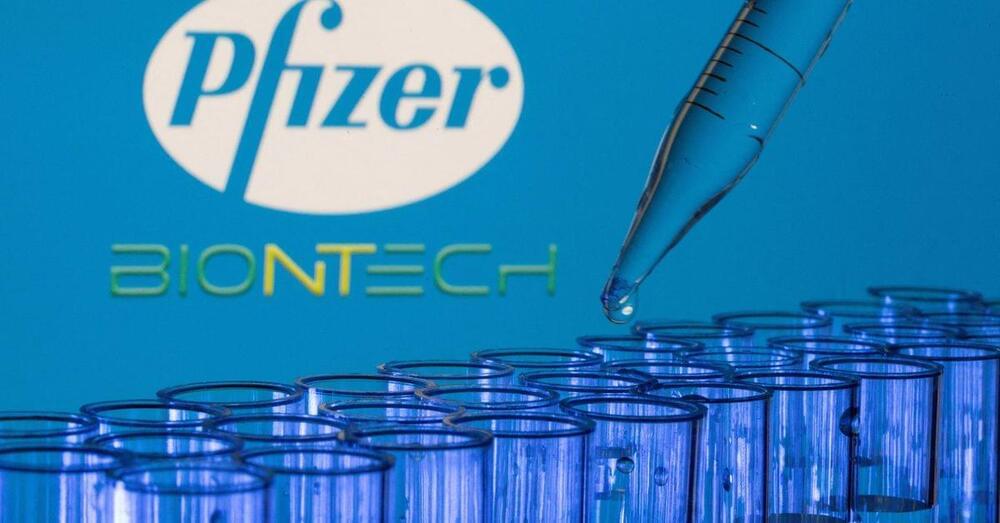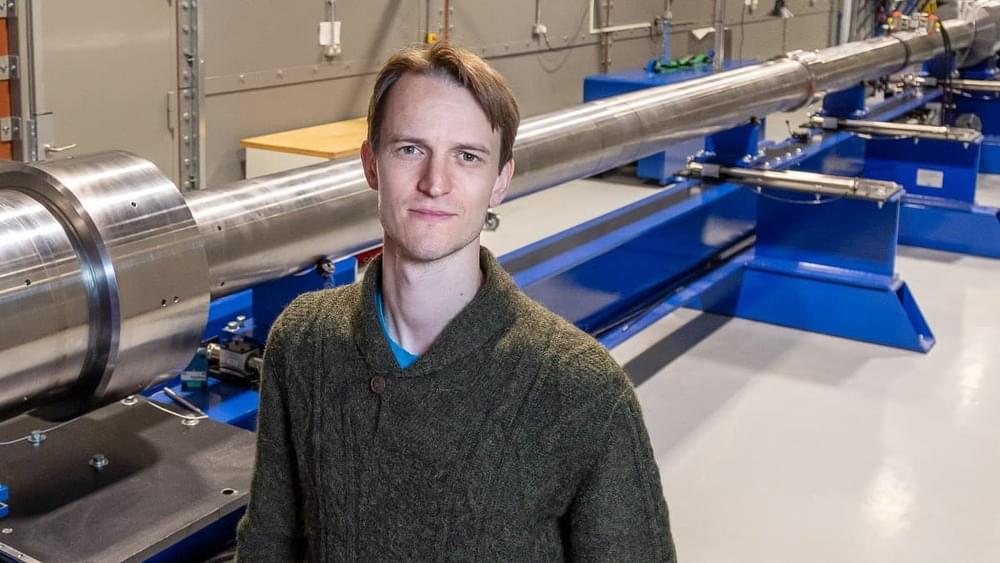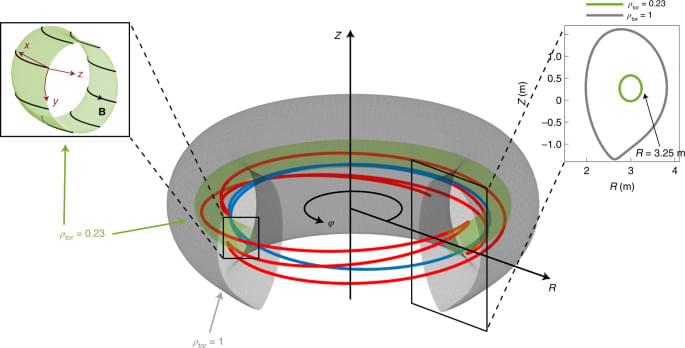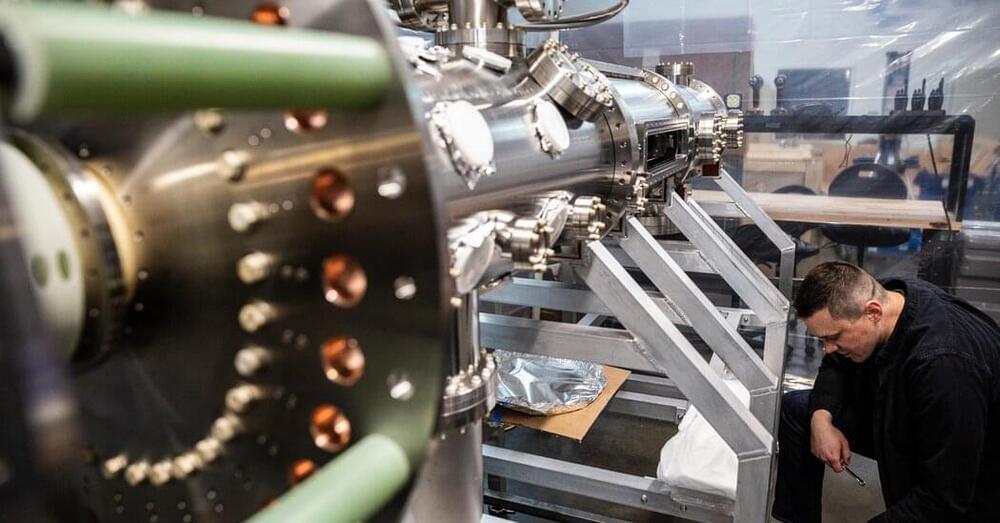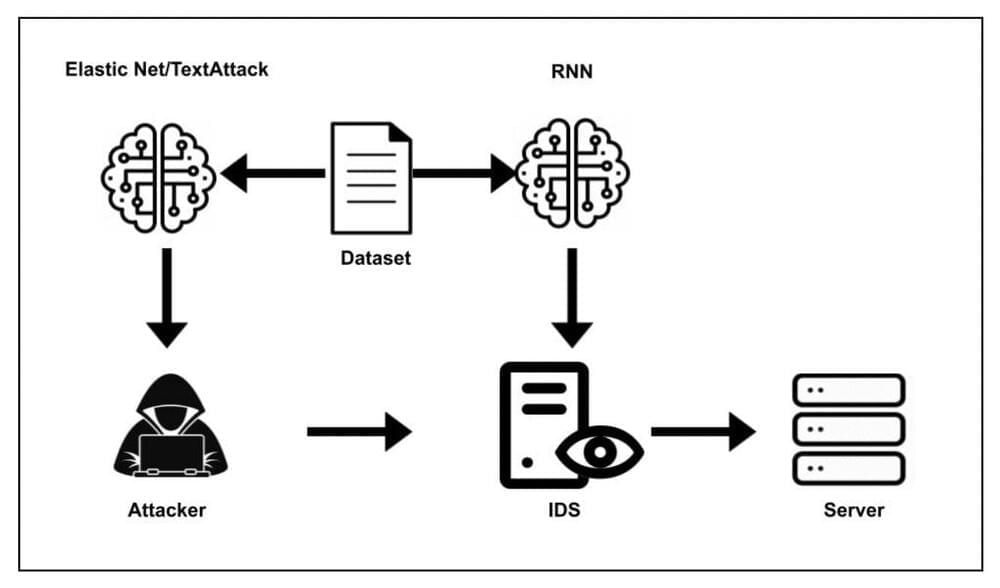Patients undergo interventions to achieve a ‘normal’ brain temperature; a parameter that remains undefined for humans. The profound sensitivity of neuronal function to temperature implies the brain should be isothermal, but observations from patients and non-human primates suggest significant spatiotemporal variation. We aimed to determine the clinical relevance of brain temperature in patients by establishing how much it varies in healthy adults.
We retrospectively screened data for all patients recruited to the Collaborative European NeuroTrauma Effectiveness Research in Traumatic Brain Injury (CENTER-TBI) High Resolution Intensive Care Unit Sub-Study. Only patients with direct brain temperature measurements and without targeted temperature management were included. To interpret patient analyses, we prospectively recruited 40 healthy adults (20 males, 20 females, 20–40 years) for brain thermometry using magnetic resonance spectroscopy. Participants were scanned in the morning, afternoon, and late evening of a single day.
In patients (n = 114), brain temperature ranged from 32.6 to 42.3°C and mean brain temperature (38.5 ± 0.8°C) exceeded body temperature (37.5 ± 0.5°C, P 0.0001). Of 100 patients eligible for brain temperature rhythm analysis, 25 displayed a daily rhythm, and the brain temperature range decreased in older patients (P = 0.018). In healthy participants, brain temperature ranged from 36.1 to 40.9°C; mean brain temperature (38.5 ± 0.4°C) exceeded oral temperature (36.0 ± 0.5°C) and was 0.36°C higher in luteal females relative to follicular females and males (P = 0.0006 and P 0.0001, respectively). Temperature increased with age, most notably in deep brain regions (0.6°C over 20 years, P = 0.0002), and varied spatially by 2.41 ± 0.46°C with highest temperatures in the thalamus. Brain temperature varied by time of day, especially in deep regions (0.86°C, P = 0.0001), and was lowest at night. From the healthy data we built HEATWAVE—a 4D map of human brain temperature.
